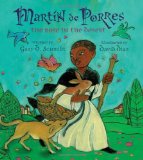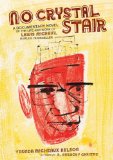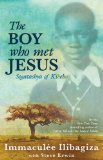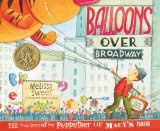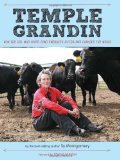Review of Martin de Porres: The Rose in the Desert, by Gary D. Schmidt and David Diaz
The Rose in the Desert
written by Gary D. Schmidt
illustrated by David Diaz
Clarion Books, 2012. 32 pages.
Starred Review
2013 Pura Belpre Illustrator Award
Picture book biographies are always in danger of going unnoticed. They aren’t really written to help kids do reports; they’re written to appreciate a remarkable life.
This book is all the more lovely in that it tells kids about the life of a saint. Who better to inspire children?
The Author’s Note at the back tells why Martin de Porres was important:
His greatest gift was his ability to ignore the boundaries his world had erected and to reach toward the poor and the ignored. . . . He was beatified in 1837 and canonized in May 1962 — the first black saint in the Americas — when Pope John XXIII named him the patron saint of universal brotherhood. He soon also became the patron saint of interracial relations, social justice, those of mixed race, public education, and animal shelters.
The main text of the book is more poetic, and appropriate for children. The author doesn’t come out and say that Martin did miracles, but he tells what people said about him:
Soon, all the people of the barrios knew who the young cirujano was. When a man was hurt, he was carried to Martin. When a child grew pale, she was brought to Martin. When a slave was whipped, he staggered to Martin. And when the infirmary of the monastery was filled with the poorest, Martin carried his patients to play with the panting dogs in the shade of the wonderful lemon tree.
The paintings that go with the story are worthy of the Belpre Award.
This is a lovely book about an inspiring life.
After thirteen years, every soul in Lima knew who Martin was: Not a mongrel. Not the son of a slave. “He is a rose in the desert,” they said.
Find this review on Sonderbooks at: www.sonderbooks.com/Childrens_Nonfiction/martin_de_porres.html
Disclosure: I am an Amazon Affiliate, and will earn a small percentage if you order a book on Amazon after clicking through from my site.
Source: This review is based on a library book from the Fairfax County Public Library.
Disclaimer: I am a professional librarian, but I write the posts for my website and blogs entirely on my own time. The views expressed are solely my own, and in no way represent the official views of my employer or of any committee or group of which I am part.
 I’m posting this review today in honor of Nonfiction Monday, hosted today at Wrapped in Foil.
I’m posting this review today in honor of Nonfiction Monday, hosted today at Wrapped in Foil.
